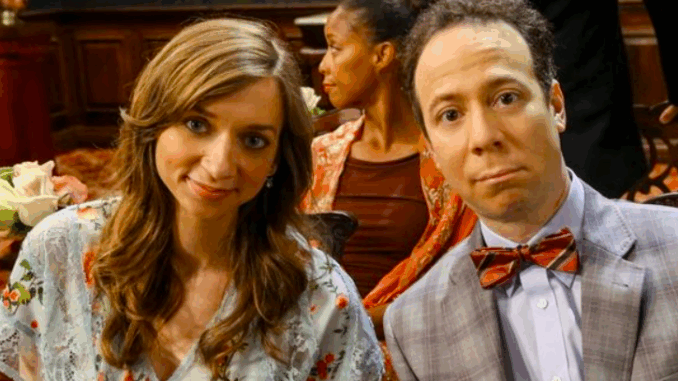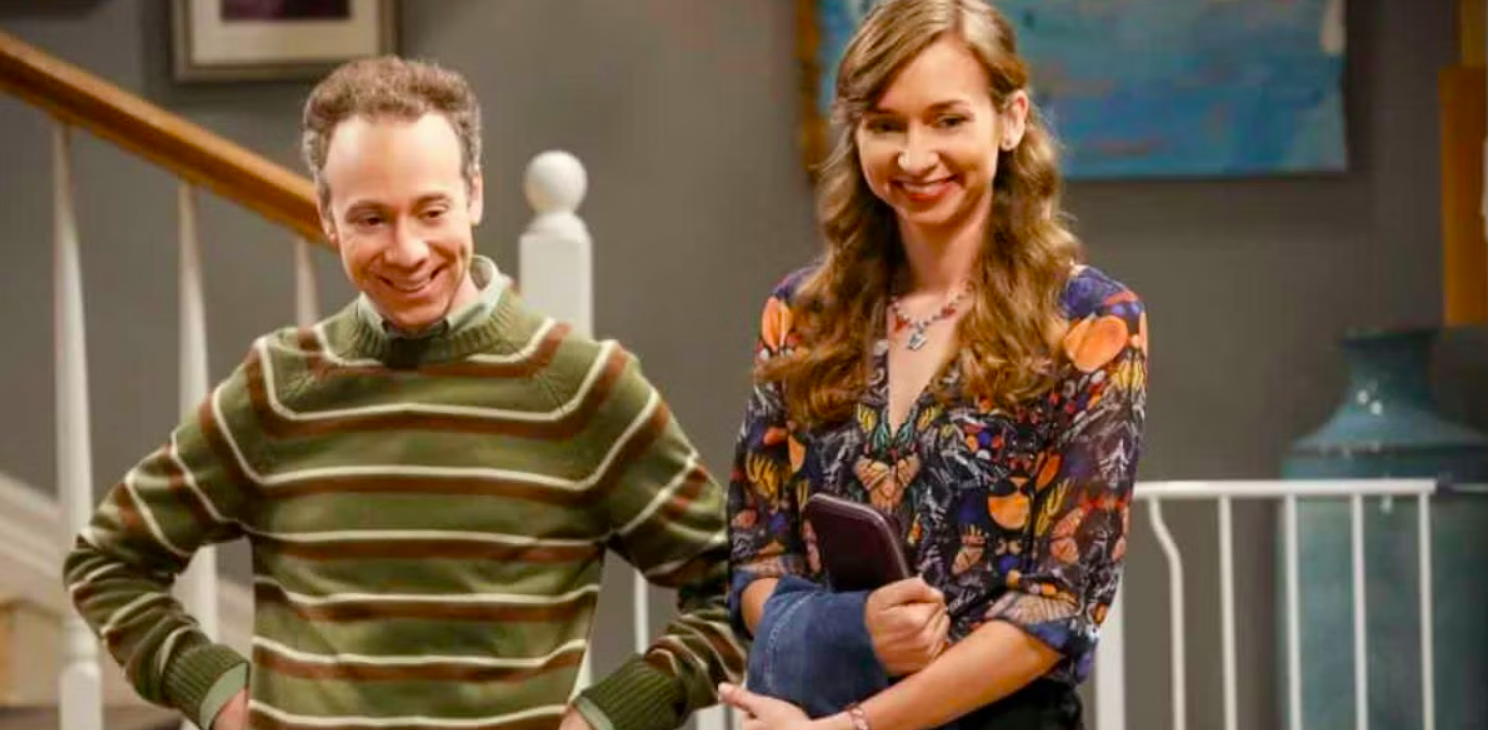
In a world of physicists, engineers, and astronauts, the guy who runs a comic book store shouldn’t matter that much. And yet, Stuart Bloom—played with understated brilliance by Kevin Sussman—slowly became one of the most quietly compelling characters in The Big Bang Theory.
He wasn’t in every episode. He didn’t have a PhD. But across 12 seasons, Stuart offered something the others rarely did: vulnerability.
A Mirror for the Group’s Insecurities
While Leonard, Sheldon, and Howard often presented themselves as awkward geniuses struggling with social norms, Stuart lived the reality of social rejection in a raw, unpolished way. He didn’t have a fancy job. His apartment was gloomy. He was constantly broke and romantically unlucky.
But that’s exactly why he mattered. Stuart became the emotional counterbalance to the group’s comic exaggeration. Where Sheldon’s quirks were amusing, Stuart’s loneliness was painfully real. Where Raj’s dating failures were played for laughs, Stuart’s rejections often left a sting.
His mere presence reminded viewers (and sometimes the characters themselves) that being an outsider isn’t always charming—it can be crushing.
Not Just Comic Relief

Though Stuart delivered plenty of deadpan one-liners, he wasn’t just there for comic relief. Over time, we saw him evolve from a sad-sack side character to someone deeply connected to the group. He babysat Howard and Bernadette’s kids. He lived with them, ate with them, even served as a pseudo-uncle.
These interactions weren’t treated as punchlines. They were sincere. Stuart became trusted. Reliable. A little weird, yes—but what character in this show wasn’t?
His growing presence also filled a structural role: giving the show more dimension beyond the main five. When plots needed fresh energy, Stuart added unpredictability. When the group dynamic became too insular, he reminded us of the world outside their bubble.
A Slow-Burn Character Arc
Unlike most characters in The Big Bang Theory, Stuart didn’t have a traditional arc. There was no grand romance, no major career twist, no epiphany moment. And that’s what made him authentic.
Instead of a glow-up, Stuart’s growth came in quiet steps. A little more confidence here. A new friendship there. The ability to hold his own in a conversation, to crack a joke, to admit that maybe he wasn’t entirely hopeless after all.
In a way, his arc reflected a more realistic version of personal growth. Messy. Uncelebrated. But real.
Why He Matters in the End
By the time the series finale rolled around, Stuart wasn’t just “the guy at the comic book store.” He was family. And in a show that celebrated unlikely connections and intellectual oddballs, Stuart proved that you didn’t need to be a genius to belong—you just needed heart.
He may never have had a spotlight like Sheldon or Penny. But Stuart Bloom reminded us that in every friend group, there’s someone who holds things together from the margins. And sometimes, the quietest voice leaves the deepest echo.